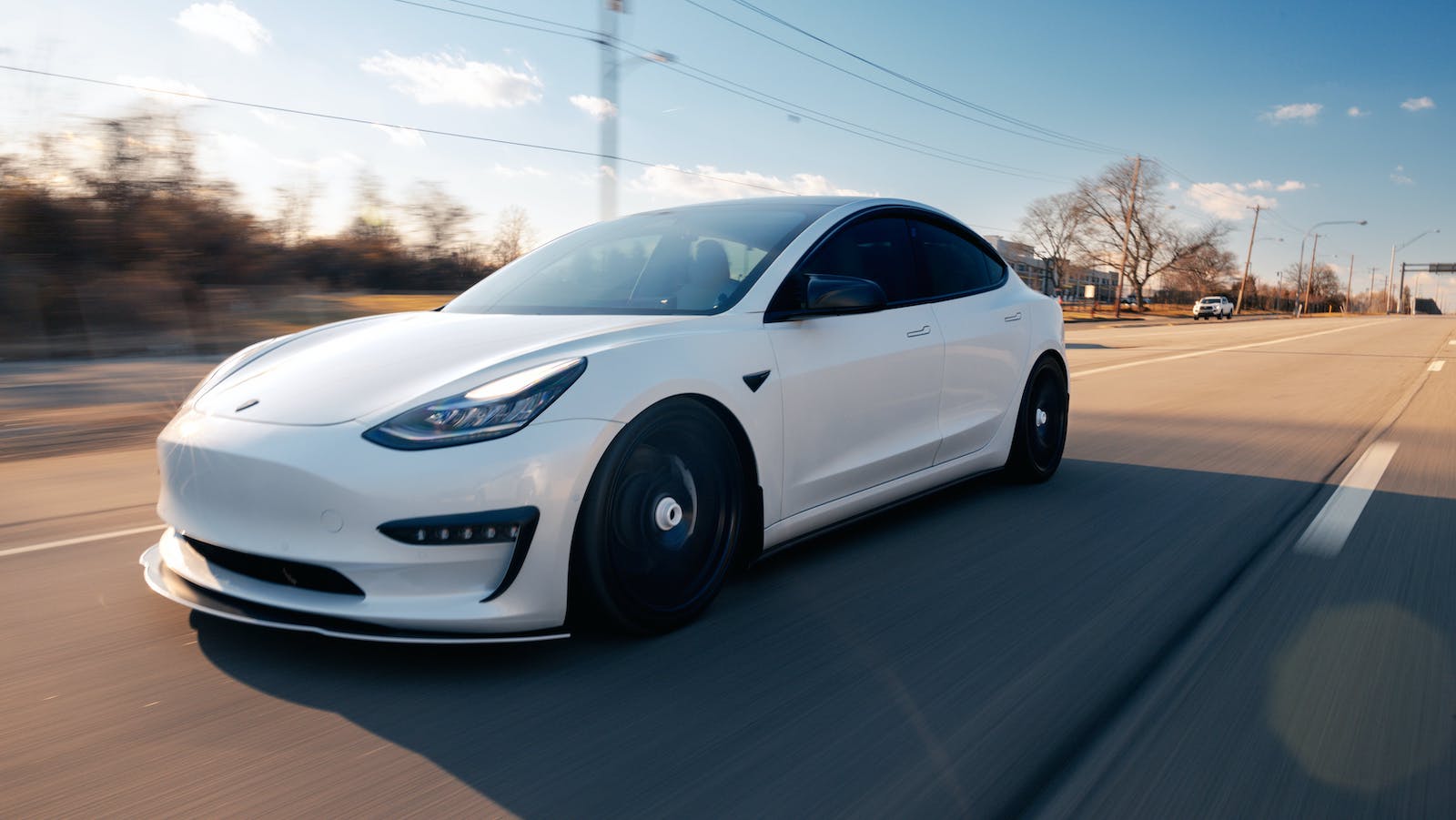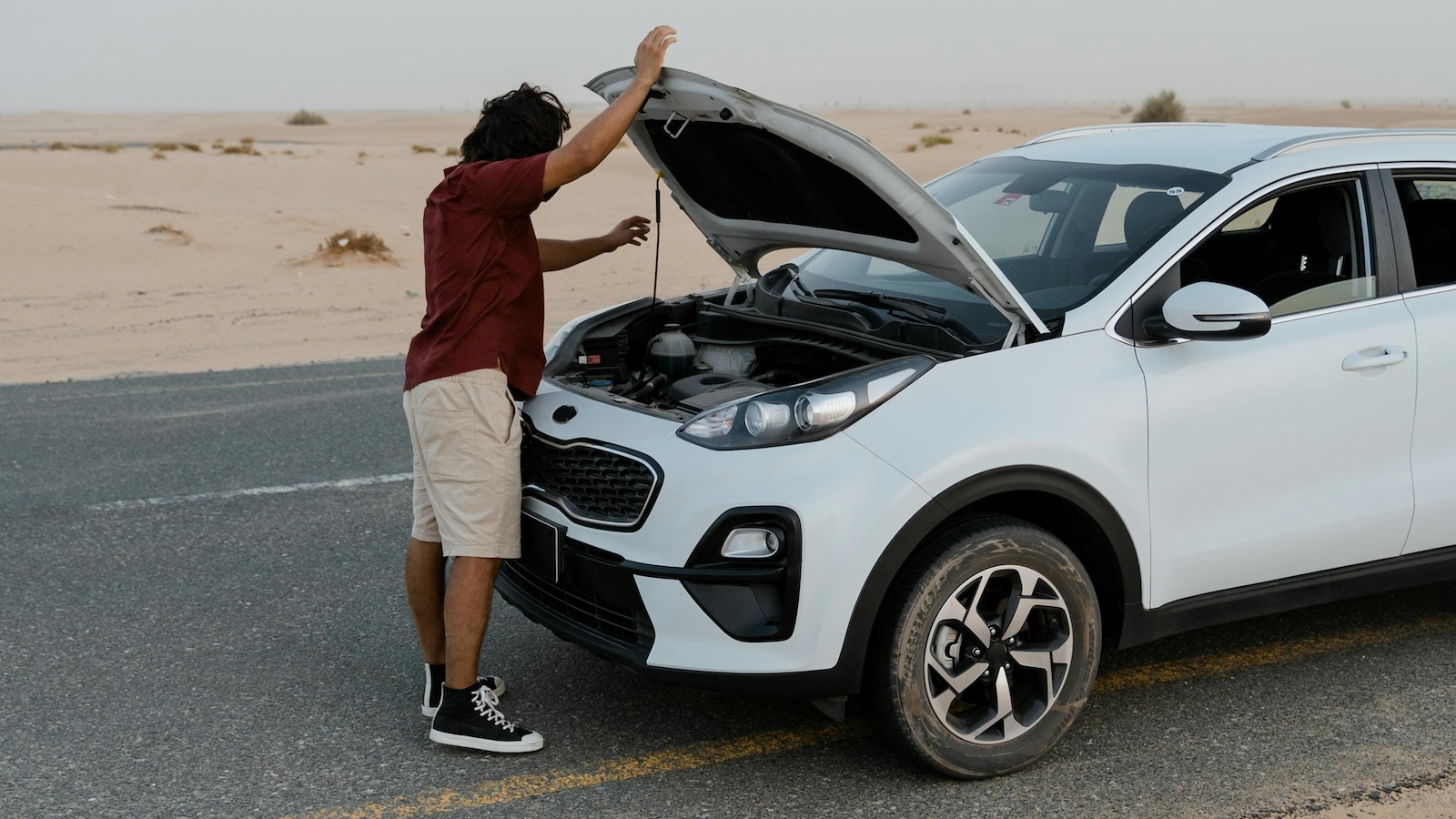In the ever-evolving landscape of the automotive industry, Tesla has carved out a unique niche not only as an electric vehicle (EV) manufacturer but also as a disruptive force in areas such as autonomous driving and energy solutions. With their sights set on revolutionizing the insurance industry, Tesla Insurance aims to leverage their technological prowess to offer innovative and personalized coverage. However, despite the impressive technology at their disposal, the road ahead for Tesla Insurance is fraught with challenges.
1. Data Privacy Concerns
One of the cornerstones of Tesla's insurance strategy is the use of vast amounts of data collected from their vehicles. While this data can provide valuable insights for personalized risk assessment, it raises significant concerns about privacy. Customers may hesitate to share detailed driving habits and personal information, especially in an era where data breaches and privacy violations are at the forefront of public consciousness.
See also: Automakers Build New Insurance Future
2. Regulatory Hurdles
The insurance industry is heavily regulated, and each region has its own set of rules and requirements. Tesla Insurance must navigate complex regulatory landscapes, obtaining approvals and complying with diverse legal frameworks across different jurisdictions. Overcoming these regulatory hurdles demands a significant investment of time and resources, potentially slowing Tesla's ambitious plans.
3. Established Competition
Despite Tesla's success in disrupting various industries, the insurance sector is already populated by well-established players with decades, if not centuries, of experience. Convincing customers to switch from their current insurers to a relatively new entrant like Tesla Insurance may prove challenging. Building trust in an industry where reputation is paramount requires not just technological innovation but a nuanced understanding of customer relationships and industry dynamics.
4. Actuarial Challenges
The success of any insurance venture relies heavily on accurate risk assessment. While Tesla's vehicles are equipped with cutting-edge sensors and cameras, developing actuarial models that accurately predict and price risks associated with EVs and autonomous driving technology is no easy feat. Insufficient actuarial precision could result in financial losses for Tesla Insurance and dissatisfaction among policyholders.
5. Economic Sensitivity
The insurance industry is highly sensitive to economic fluctuations. During economic downturns, consumer spending on non-essential services, such as insurance, tends to decrease. As Tesla Insurance seeks to establish itself, economic headwinds could pose a significant challenge, affecting their ability to attract and retain customers.
See also: Maybe OEMs Aren't Such a Threat to Auto Insurers
6. Repair and Replacement Costs
Tesla's vehicles are renowned for their advanced technology, but this sophistication comes at a cost. Repair and replacement costs for Tesla vehicles can be substantially higher than those for traditional vehicles. This could translate to higher claim payouts for Tesla Insurance, potentially affecting the company's profitability and pricing competitiveness.
7. Scalability Issues
Tesla Insurance's success will hinge on its ability to scale rapidly. As the customer base grows, so will the demand for efficient claims processing, customer support and risk management. Ensuring scalability without compromising service quality is a significant challenge, and failure to address it could result in customer dissatisfaction and reputational damage.
Conclusion
Tesla Insurance possesses a technological arsenal that sets it apart, but the road to success in the insurance industry is laden with obstacles. Overcoming data privacy concerns, navigating complex regulatory landscapes, competing with established players, addressing actuarial challenges, weathering economic uncertainties, managing repair costs and achieving scalable growth are formidable tasks.
Tesla's journey into the insurance realm is undoubtedly ambitious, but success will require a strategic blend of technological innovation, regulatory acumen and a deep understanding of the intricacies of the insurance business. The journey may be challenging, but if Tesla can navigate these hurdles, the rewards could be transformative not only for the company but for the insurance industry as a whole.






